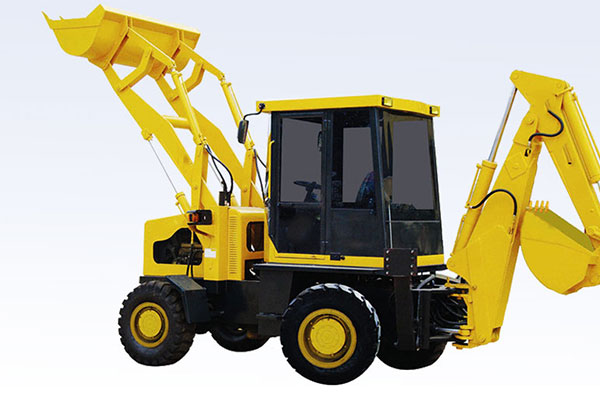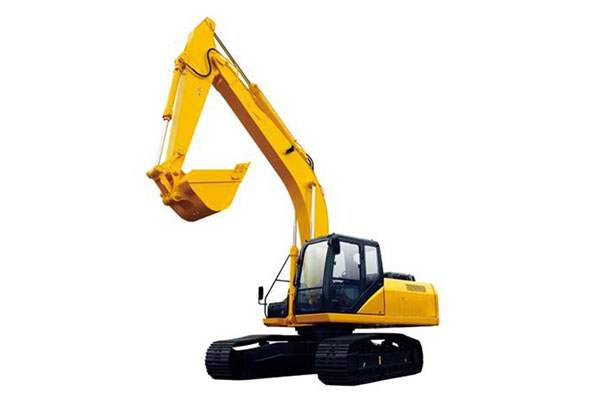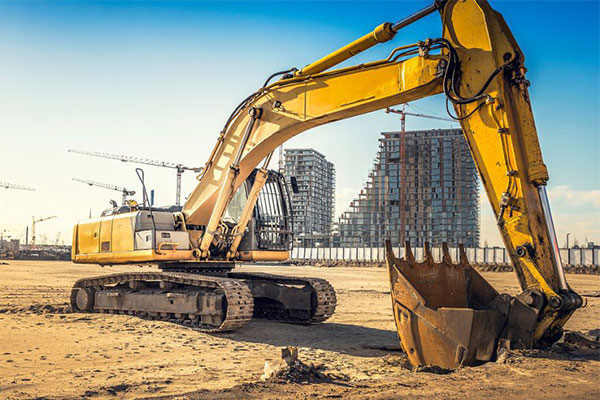Backhoe Loader vs. Excavator: Which is Right for Your Project
In the world of construction and excavation, choosing the right equipment is crucial for project success. Among the most common and versatile pieces of machinery are backhoe loaders and excavators. Both are essential for digging, lifting, and moving materials, but they have distinct features and applications. This article will delves into the key differences between backhoe loaders and excavators, helping you make an informed decision for your next project.

What is a Backhoe Loader?
A backhoe loader, often referred to simply as a backhoe, is a heavy-duty piece of construction equipment that combines the functionality of a tractor, a loader, and a backhoe. It typically features:
- Front Loader Bucket: For scooping, lifting, and moving materials.
- Backhoe Arm: For digging and excavating.
- Tractor Base: Providing mobility and stability.
Backhoe loaders are highly versatile and can be used for a wide range of tasks, from digging trenches and breaking asphalt to lifting heavy loads and moving dirt.

What is an Excavator?
An excavator is a more specialized piece of equipment designed primarily for digging and heavy lifting. It is characterized by:
- Boom, Stick, and Bucket: For digging and moving materials.
- Rotating Cab: Allows for a 360-degree view and movement.
- Tracked or Wheeled Chassis: Providing mobility and stability.
Excavators come in various sizes, from compact models for small jobs to large machines for heavy-duty construction tasks. They are commonly used in construction, mining, and large-scale landscaping.
Key Differences Between Backhoe Loaders and Excavators
1. Functionality and Versatility
- Backhoe Loader: Known for its versatility, a backhoe loader can perform multiple functions due to its dual-end attachments. It’s ideal for smaller projects where different types of work are required.
- Excavator: While primarily designed for digging and earthmoving, excavators excel in tasks requiring power and precision. They are better suited for larger-scale projects that demand extensive excavation.
2. Mobility
- Backhoe Loader: Typically wheeled, backhoe loaders can travel on roads, making them suitable for urban environments and projects requiring frequent relocation.
- Excavator: Available in both tracked and wheeled versions, excavators are generally more stable on uneven terrain. Tracked excavators are particularly useful for rough, muddy, or steep sites.
3. Digging Depth and Reach
- Backhoe Loader: Offers moderate digging depth and reach, suitable for tasks like trenching for utility lines or small-scale excavation.
- Excavator: Provides greater digging depth and reach, making it ideal for deep excavation projects, such as basement construction or large-scale earthmoving.
4. Operator Efficiency
- Backhoe Loader: Operators need to switch between operating the loader and the backhoe, which can slow down the workflow.
- Excavator: With its 360-degree rotating cab, operators can work more efficiently without the need to reposition the machine frequently.
5. Cost and Maintenance
- Backhoe Loader: Generally less expensive than excavators and can perform a variety of tasks, offering good value for smaller contractors and projects.
- Excavator: Higher upfront cost but provides better performance and efficiency for large-scale projects. Maintenance might be more intensive due to the complexity of the machine.

When to Choose a Backhoe Loader
- Versatile Projects: If your project involves multiple tasks such as loading, lifting, and digging, a backhoe loader is a cost-effective and practical choice.
- Urban or Small-Scale Projects: Ideal for projects that require road travel and where space is limited.
When to Choose an Excavator
- Large-Scale Excavation: For projects that demand extensive digging and earthmoving, an excavator’s power and reach are unparalleled.
- Rough Terrain: If your worksite has uneven or difficult terrain, a tracked excavator provides the stability and mobility needed.
Conclusion
Both backhoe loaders and excavators are invaluable in the construction industry, each offering unique advantages. The choice between the two depends on the specific requirements of your project, including the type of work, site conditions, and budget. By understanding the strengths and limitations of each machine, you can select the right equipment to enhance productivity and ensure project success.
Get Quality Construction Equipment
RoadSky is a professional supplier of road construction equipment. If you are looking for products such as backhoe loaders and excavators for your project, you can contact us directly for more information.

